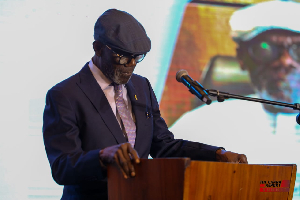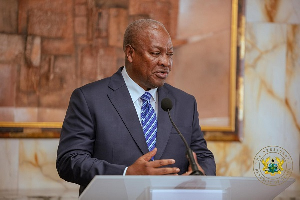The charity Oxfam has cast doubt on an international scheme that aims to boost the provision of the most effective treatment for malaria.
Oxfam says there is no evidence the programme has saved the lives of the most vulnerable people.
The scheme is being piloted in seven countries including Ghana, Kenya, and Nigeria. Its future will be considered at a meeting of the Global Fund's board next month.
The body behind the AMFm says an independent study shows it has improved access and reduced drug prices.
The scheme was introduced three years ago by the Global Fund to Fight AIDS, TB and Malaria.
It acts as a global subsidy to provide greater access to combination therapy for malaria, particularly through private-sector drug retailers in developing countries.
The idea is to reduce the use of older treatments that carry a higher risk of resistance, and to untap the potential of the private sector in reaching remote communities.
More than 200 million people contract malaria every year and 655,000 die from the disease - most of them are young children.
The UK government has contributed £70m to the Affordable Medicines Facility for malaria (AMFm)
Oxfam has criticized it as "risky and dangerous".
The charity's senior health policy advisor, Dr Mohga Kamal Yanni, said: "It is dangerous to put the lives of sick children in the hands of a shopkeeper with no medical training, and to pursue a scheme that doesn't help those people who need it the most.
"There is no cheap option or short cut to combat malaria.
Health News of Monday, 29 October 2012
Source: BBC












